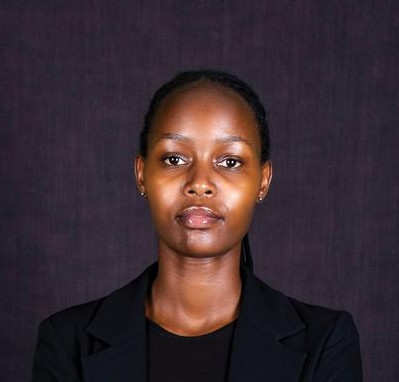

A total of 13,391 cases have been successfully resolved through plea bargaining since the procedure was introduced two years ago.
Plea bargains are agreements in which defendants plead guilty to some or all charges in exchange for concessions such as reduced sentences or the dismissal of certain charges.
ALSO READ: Plea bargain: Which cases are ineligible in Rwanda?
The approach, adopted in October 2022, aims at encouraging restorative justice, reducing court case backlogs, and alleviating prison overcrowding.
As of October 2024, a total of 13,391 cases involving over 17,000 people have been successfully resolved through plea bargaining.
Of these, over 15,000 individuals have already completed their sentences and been released.
Initially, plea bargaining only applied to offences like theft and assault, but it has since expanded to cover 52 different crimes.
In an interview with The New Times, Harrison Mutabazi, the judiciary’s spokesperson, described the progress of plea bargaining in Rwanda’s justice system as "remarkable” over the past two years.
"When we reflect, we see that much has been accomplished, and we are optimistic that this process will continue to support the justice system—especially the judiciary and the prosecution—as well as ensuring that Rwandan citizens receive timely justice,” Mutabazi explained.
Talking about the challenges, he pointed out the low number of defendants opting for plea bargaining, which may stem from a lack of awareness about the process.
ALSO READ: Six things you need to know about plea bargain
"One challenge we face is that very few defendants are requesting plea bargains. It’s mostly the judicial actors initiating the process, as many accused individuals are not familiar with it,” he said.
"This lack of awareness is a significant hurdle. Another challenge is that judicial actors have varying commitments, and balancing plea bargaining with other cases can be difficult. Additionally, since the process is relatively new, many are still unfamiliar with the specific laws governing it,” he added.
Despite such challenges, Mutabazi expressed confidence that plea bargaining would continue to play a pivotal role in streamlining Rwanda's justice system and improving access to timely justice for all.
ALSO READ: Rwanda to roll out plea bargain criminal procedure in October
In a recent meeting where Rwandan and international legal experts talked about plea bargains, Erlick John, a retired U.S judge now working as a mediator and arbitrator in alternative dispute resolution, praised Rwanda’s progress.
In the U.S, nearly 95 percent of cases are plea-bargained, allowing courts and attorneys to focus resources on cases that go to trial. Rwanda’s progress, with over 10,000 cases resolved, shows how effective plea bargaining can be,” he noted.
Erlick emphasised the importance of consistency in the process, explaining that similar crimes should lead to similar plea deals to ensure fairness.
"For instance, you shouldn’t have one theft case resulting in six months in prison while another theft, of similar value, leads to two years,” he said.
Yvette Umubyeyi, a prosecutor from Ngoma district shared how plea bargaining has improved efficiency.
"Trials can drag on for years, especially with appeals. But plea bargaining speeds up the process, making it more cost-effective and reducing case backlogs,” she said.
Rwanda working on plea bargaining toolkit
Looking to the future, Rwanda is working on a plea bargaining toolkit, currently under review. The toolkit, developed in collaboration with US based Pepperdine University, aims to standardise procedures for judges, prosecutors, and defence lawyers.
It also includes guidelines on the role of victims in the plea bargaining process, ensuring their interests are not overlooked.


